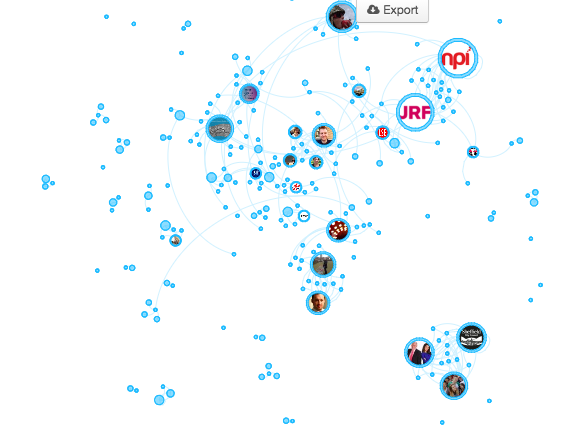If you’re looking to get into coding chances are you’ll stumble across a raft of jargon which can be off-putting, especially in tutorials which are oblivious to your lack of previous programming experience. Here, then, are 10 concepts you’re likely to come across – and what they mean.
1. Variables

Variables are like boxes which can hold different things at different times. Image by Wolfgang Lonien.
A variable is one of the most basic elements of programming. It is, in a nutshell, a way of referring to something so that you can use it in a line of code. To give some examples:
- You might create a variable to store a person’s age and call it ‘age’
- You might create a variable to store the user’s name and call it ‘username’
- You might create a variable to count how many times something has happened and call it ‘counter’
- You might create a variable to store something’s position and call it ‘index’
Variables can be changed, which is their real power. A user’s name will likely be different every time one piece of code runs. An age can be added to at a particular time of year. A counter can increase by one every time something happens. A list of items can have other items added to it, or removed. Continue reading →



